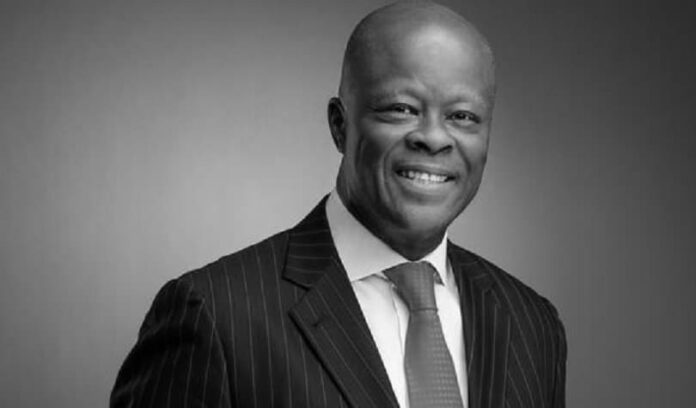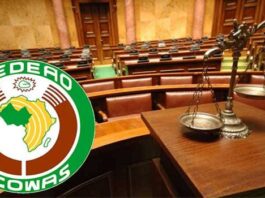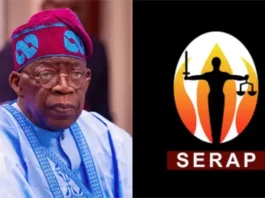Nigeria’s Minister of Finance and Coordinating Minister of the Economy, Wale Edun, has revealed that the country has saved $20 billion following the removal of petrol subsidies and the adoption of a market-driven foreign exchange pricing system.
Edun shared this information during an event in Abuja marking the first 100 days in office of Esther Walso-Jack, the Head of the Civil Service of the Federation.
“The combined cost of petrol and foreign exchange subsidies was equivalent to five percent of Nigeria’s GDP,” Edun explained. “Assuming the GDP was $400 billion on average, five percent of that amounts to $20 billion. These are funds now being redirected toward infrastructure, health, social services, and education.”
He emphasized that these savings mark a shift in resource allocation, eliminating avenues for exploitation under the previous subsidy regime. “The real change is that no one can wake up and target cheap funding or forex from the central bank to enrich themselves without adding value. Similarly, profiteering from the inefficient petrol subsidy regime is no longer possible,” he said.
President Bola Tinubu had officially ended the petrol subsidy on May 29, a move widely regarded as a cornerstone of his economic reforms.
However, despite the announced savings, challenges remain. On August 19, the Nigerian National Petroleum Company (NNPC) Limited disclosed that the federal government owed ₦7.8 trillion for under-recovery costs, raising questions about the full impact of the subsidy removal.
Edun reiterated that the government is committed to ensuring these funds are utilized effectively to drive economic growth and improve citizens’ living standards.




